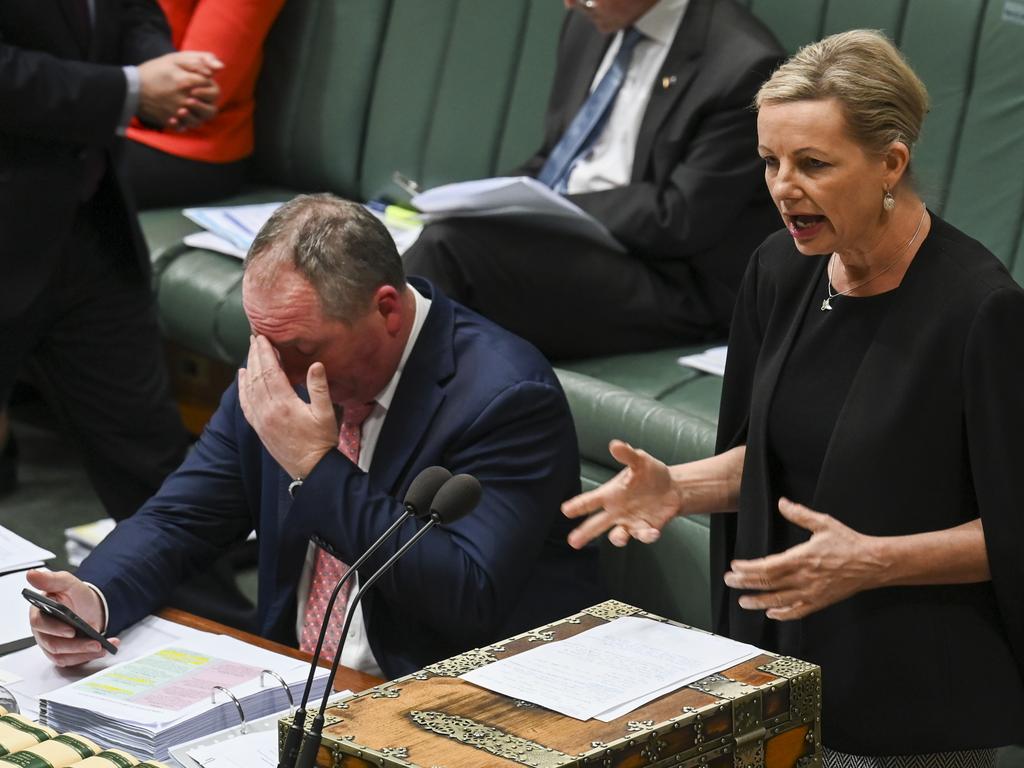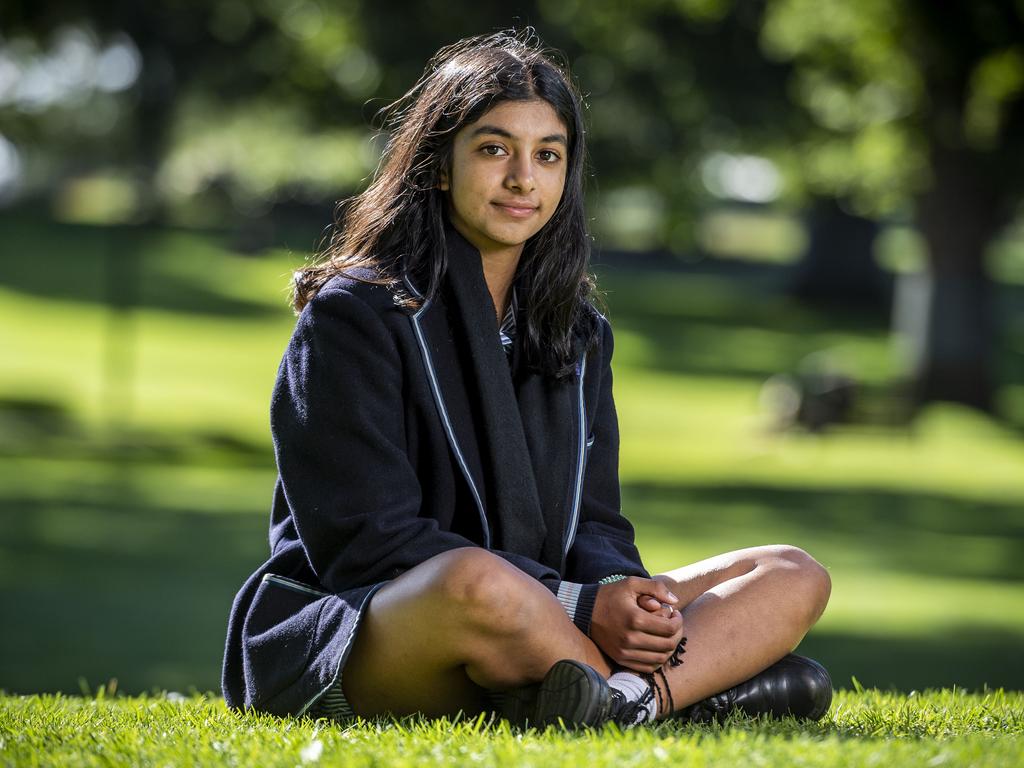Australian environment minister has ‘almost no control’ over global emissions, court told
Australia’s environment minister has ‘almost no control’ over global greenhouse gas emissions, a court has been told as the government battles a climate change ruling.
A judge drastically overstated how much control the Australian environment minister has over the extent to which climate change ravages the planet and its people in coming decades, a court has been told.
Federal frontbencher Sussan Ley is appealing a May ruling that declared she had a duty of care towards Australia’s children and had to consider their risk of injury from climate change when deciding on a mining proposal.
Solicitor general Stephen Donaghue told the Federal Court on Tuesday Ms Ley had “almost no control” over global greenhouse gas emissions.
“The danger to the children from climate change will be almost exactly the same no matter what the minister does,” Mr Donaghue said.

The landmark case was brought by eight Australian teenagers who sought to stop a proposed extension to a mining project near Gunnedah in NSW.
When Justice Mordecai Bromberg ruled on the case in May, he did not bar Ms Ley from approving the extension, which she green-lit last month.
But he did find she had “a duty to take reasonable care to avoid causing personal injury” to children when she decided on the project extension.
The novel precedent was heralded as a significant win by the teenagers and their supporters.
Among Justice Bromberg’s conclusions was a finding that Ms Ley had “very substantial, if not exclusive, control” over the risk of harm to children that would flow from her approval of the project.
Mr Donaghue said the judge had been “quite wrong” in drawing this conclusion.
“The risk of harm to the children is not the risk of harm from the extension project … it’s the accumulated emissions that cause the risk of harm,” he said.
“If that’s the case, the minister doesn’t control it.”

Ms Ley is also appealing the decision on the basis Justice Bromberg was wrong to conclude the best possible outcome for climate change action was the stabilisation of a global average surface temperature of 2C above pre-industrial levels.
As well, she objects to his conclusion that at that temperature, there is a real risk of even an “infinitesimal” increase triggering a catastrophic “Hothouse Earth” scenario.
Noel Hutley, representing lead applicant Anjali Sharma and the young group, said the evidence of “eminent” expert Professor Will Steffen on these matters had gone unchallenged.
Ms Ley had “all the resources in the world” to challenge Professor Steffen, he said, yet had chosen not to.
On Monday, Mr Donaghue argued the relevant act under which Ms Ley approved or rejected the extension proposal was in place to protect specific biodiversity, not the environment more generally.
It was “happenstance” that the mining extension landed before Ms Ley and the case should not be used to set a precedent, he argued.
At the original hearing before Justice Bromberg, the teenagers had argued anthropogenic climate change would by the end of this century place them at harm of injury, sickness, death and loss from intense weather events such as bushfires and storms.
They argued “some harm is very probable, serious harm is likely and cataclysmal harm is possible”, and said that Ms Ley, unlike them, had the power to do something about it.
Ms Ley did not dispute the “serious threats and challenges” presented by climate change but said there was no duty of care.
The hearing continues on Wednesday before Chief Justice James Allsop, Justice Dennis Wheelahan and Justice Jonathan Beach.




